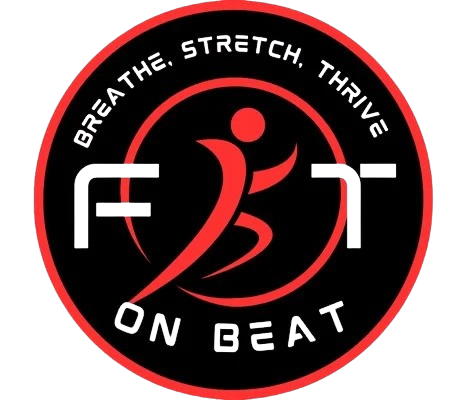Cardio, short for cardiovascular exercise, refers to any physical activity that raises your heart rate and helps improve the efficiency of your heart and lungs. This type of exercise is crucial for maintaining good cardiovascular health and can significantly boost overall fitness levels. Cardio exercises can range from moderate activities like walking or cycling to intense activities like running, swimming, or high-intensity interval training (HIIT).
Physical Benefits of Cardio
- Improves Heart Health: Regular cardio exercise strengthens the heart, allowing it to pump blood more efficiently. It also helps lower blood pressure and reduce the risk of heart disease, stroke, and other cardiovascular conditions.
- Increases Lung Capacity: Cardio exercises improve the efficiency of your lungs, allowing your body to take in and utilize oxygen more effectively. This can lead to better endurance in both physical activities and daily life.
- Burns Calories and Fat: Cardio is one of the most effective ways to burn calories and fat. It boosts metabolism, aids in weight loss, and helps in maintaining a healthy body composition by reducing body fat and increasing muscle tone.
- Improves Endurance and Stamina: Regular cardio activity increases your stamina and physical endurance, enabling you to perform everyday tasks with greater ease and engage in physical activities for longer periods without fatigue.
- Boosts Immune Function: Moderate cardio exercise can enhance immune function, helping the body fight off infections and illnesses more effectively.
Mental and Emotional Benefits
- Reduces Stress and Anxiety: Cardio exercise triggers the release of endorphins, the body’s natural mood boosters. This leads to reduced stress, anxiety, and depression, leaving you feeling happier and more relaxed.
- Improves Mood and Mental Clarity: Consistent cardio workouts have been linked to improved mental clarity, sharper focus, and a more positive outlook on life. It can also help combat symptoms of mental health conditions like depression and anxiety.
- Boosts Self-Esteem: Regular cardio exercise can lead to improvements in body composition and overall fitness, which can boost self-esteem and confidence. Achieving fitness goals and feeling stronger can have a positive impact on one’s body image.
Types of Cardio Exercises
- Running or Jogging: One of the most popular forms of cardio, running or jogging strengthens the heart, improves endurance, and burns calories. It can be done outdoors or on a treadmill.
- Cycling: Whether outdoors or on a stationary bike, cycling is a low-impact cardio exercise that strengthens the legs, improves cardiovascular health, and burns fat.
- Swimming: Swimming is a full-body workout that offers both cardio and strength benefits while being gentle on the joints. It is especially great for people with joint pain or injuries.
- Rowing: Rowing machines provide a full-body cardio workout, engaging the legs, back, arms, and core while improving cardiovascular endurance.
- HIIT (High-Intensity Interval Training): HIIT combines short bursts of intense activity with rest or lower-intensity periods. It’s an efficient way to burn calories, improve cardiovascular fitness, and increase strength in a short amount of time.
- Walking: Walking is a low-impact cardio exercise suitable for beginners and people with joint issues. It’s easy to incorporate into daily life and can be done almost anywhere.
- Dancing: Dance-based cardio workouts, such as Zumba, are fun and effective ways to get your heart rate up, improve coordination, and burn calories.
Tips for a Successful Cardio Workout
- Start Slow: If you’re new to cardio, begin with moderate activities like walking or cycling, and gradually increase intensity and duration as your fitness improves.
- Mix It Up: Varying your cardio routine helps prevent boredom, reduces the risk of injury, and ensures a more balanced workout. Include a mix of activities like running, swimming, and cycling.
- Consistency is Key: To see lasting benefits, aim to include cardio exercise in your routine several times a week. Most guidelines recommend at least 150 minutes of moderate-intensity cardio or 75 minutes of vigorous-intensity cardio per week.
- Listen to Your Body: While cardio is beneficial, it’s important to avoid overtraining. Rest and recovery are essential to prevent injury and allow your body to rebuild and get stronger.
- Stay Hydrated: Cardio workouts increase your heart rate and make you sweat, so it’s important to drink enough water before, during, and after your workout to stay hydrated.
Conclusion
Cardio is a vital component of any fitness routine, offering both physical and mental health benefits. Whether you’re aiming to improve heart health, burn fat, increase endurance, or boost your mood, cardio exercises provide an efficient and effective way to achieve your fitness goals. With a wide variety of activities to choose from, cardio can be tailored to suit any fitness level or preference.

